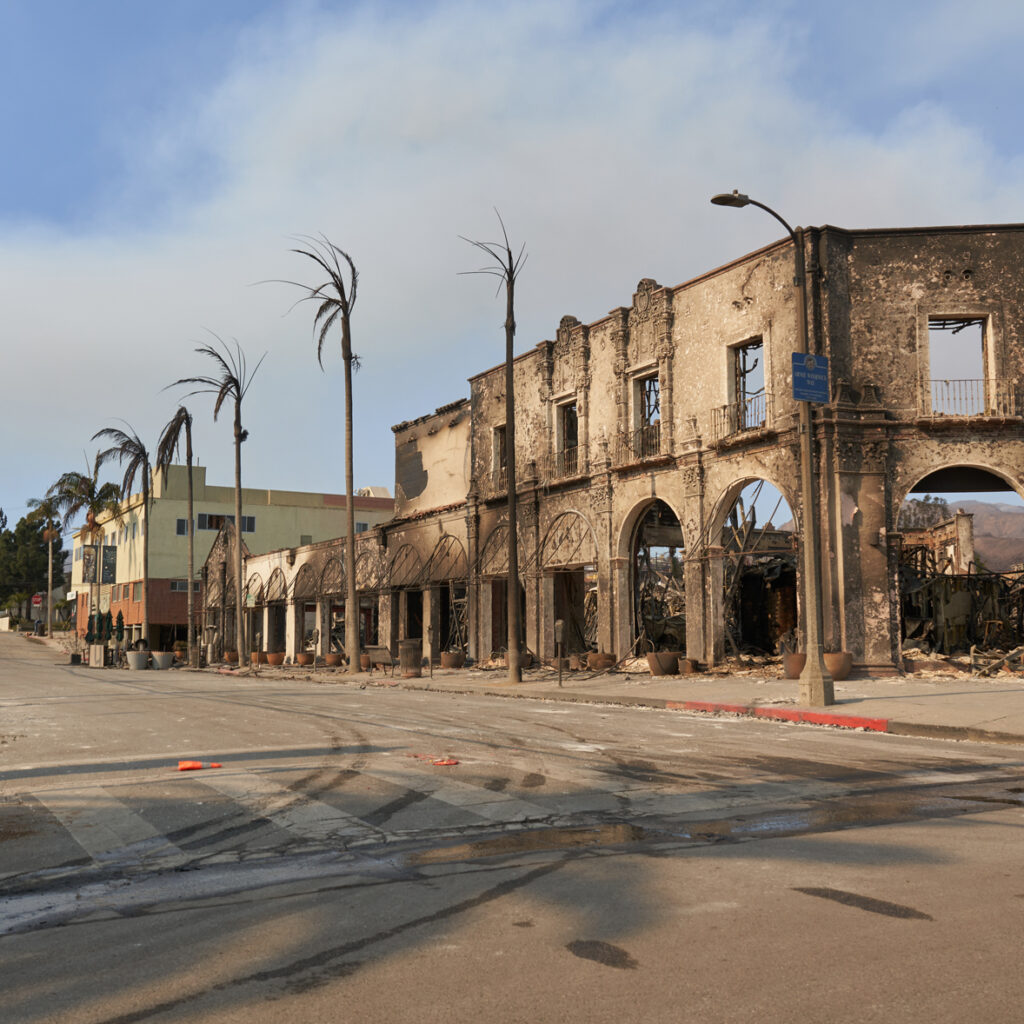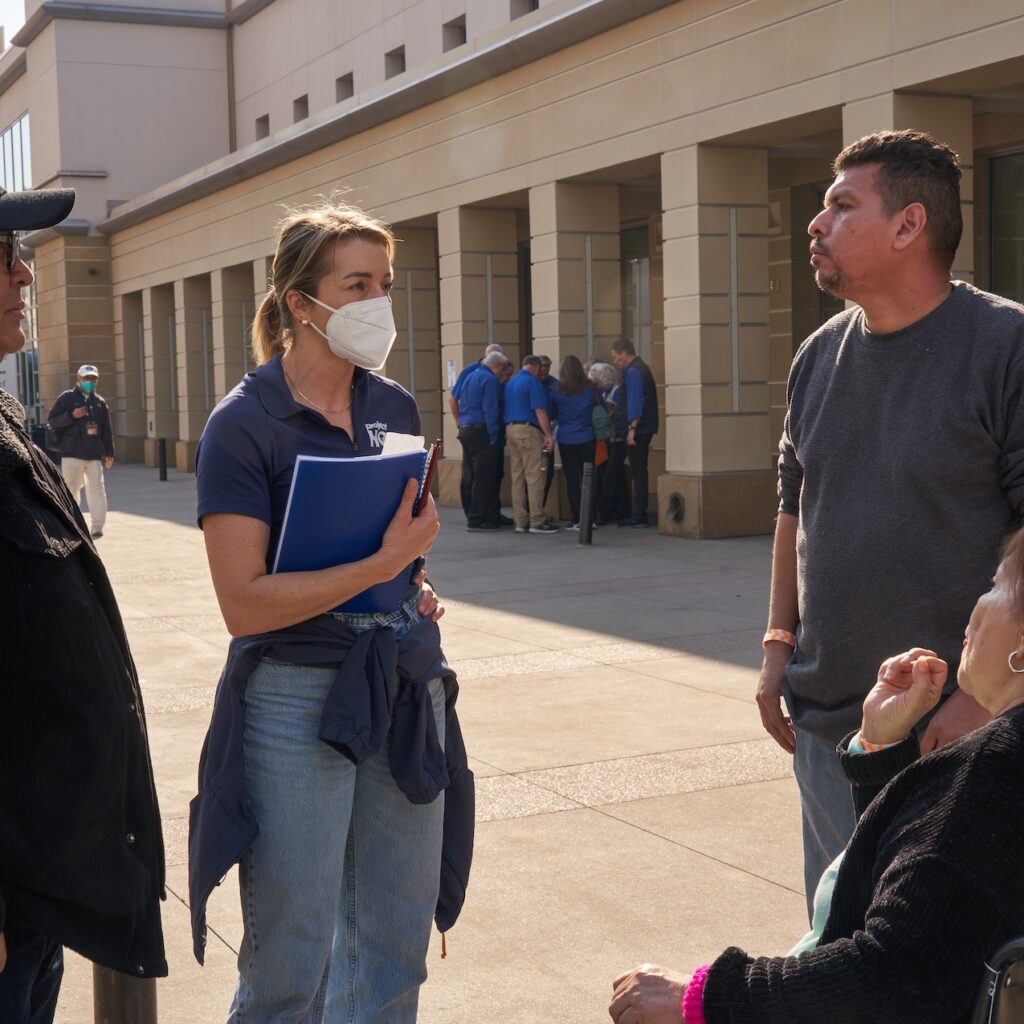California Fires: How to Help
MbS is on the ground in Los Angeles in response to historic wildfires, which continue decimating communities and displacing tens of thousands of people.

Multiple wildfires have caused widespread damage across Los Angeles, displacing tens of thousands of people and decimating communities. MbS emergency response team is on the ground actively distributing hygiene kits and procuring high-need items for shelters and health clinics to meet the greatest health and humanitarian needs.
MbS is coordinating with the National Association of Free & Charitable Clinics to assess outstanding needs at local health clinics who primarily serve under-resourced communities.

How is Project HOPE responding to the wildfires in Los Angeles?
MbS has an emergency response team on the ground actively distributing hygiene kits and procuring high-need items for shelters and health clinics, including personal protective equipment (PPE) with a focus on high-quality particulate-filtering masks to reduce smoke inhalation. Our team continues to assess conditions at shelters and health clinics across the greater Los Angeles area, while coordinating with government officials and local organizations to identify the greatest health and humanitarian needs.
Our team is also coordinating with our longstanding partner, the National Association of Free & Charitable Clinics, to assess outstanding needs at local health clinics who primarily serve under-resourced communities. One clinic our team visited does not have any practitioners on duty right now because they have either lost their home, evacuated, or are awaiting potential evacuations.
As with any U.S.-based emergency response, we are focused on how best to support those who are most vulnerable during disasters, including children, women, people with disabilities and chronic illnesses, and historically marginalized communities.

What are the greatest health needs following the wildfires?
MbS team has visited shelters across Los Angeles to identify the greatest needs, which include personal protective equipment, hygiene supplies, bedding, and other non-food items. Additionally, local community-based organizations have highlighted the vulnerability of unhoused populations and other marginalized communities who may not have access to government support.
Across Los Angeles, access to clean air and clean water is threatened, with water infrastructure compromised by debris and ash. Widespread smoke has led to unhealthy air quality across much of the city, which can cause serious health problems including heart attacks, strokes, asthma attacks, and difficulty breathing. People with pre-existing health conditions are most vulnerable to air quality conditions, along with older adults, people who are pregnant, children, and those who spend great amounts of time outdoors.